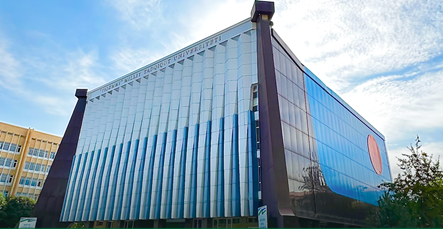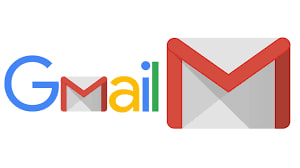LINGUODIDACTIC POTENTIAL OF CORPUS TECHNOLOGY IN THE DEVELOPMENT OF SPECIALIZED DICTIONARIES AND TEXTS
Keywords:
linguistic pedagogy, corpus, corpora, corpus technology, advantages and challenges, approaches to studyAbstract
Corpus technology has emerged as a transformative tool in linguistic research and language teaching. This article explores the linguodidactic potential of corpus technology, particularly in the creation and application of special dictionaries and texts for educational purposes. It outlines how corpora can facilitate the development of specialized language resources that cater to specific domains and highlights their role in improving language learning, especially, in fields such as professional and academic communication. The paper concludes by addressing challenges and suggesting practical applications of corpus-based tools in language teaching.
References
McEnery T., Hardie, A. Corpus linguistics: Method, theory and practice. Cambridge University Press. United Kingdom, 2012.
Braun S., Kohn K., Mukherjee J. Corpus Technology and Language Pedagogy: New Resources, New Tools, New Methods. //English Corpus Linguistics. Vol 3, 2006. - Pp. 1-4.
Biber D., Conrad, S., Reppen R. Corpus linguistics: Investigating language structure and use. Cambridge University Press., United Kingdom, 1998.
Thomas, J. Deriving extended collocations from full text for student analysis and synthesis. In: A. Leńko-Szymańska and A. Boulton (Eds.) Multiple Affordances of Language Corpora for Data-driven Learning. Amsterdam; Philadelphia, PA: John Benjamins, 2015. Pp 85–108.
Römer, U. Corpora and language teaching. In A. Lüdeling & M. Kytö (Eds.). Corpus linguistics: An international handbook. Vol. 1. Mouton de Gruyter, 2008. Pp. 112-130.
Published
Versions
- 2025-03-14 (2)
- 2025-03-07 (1)










